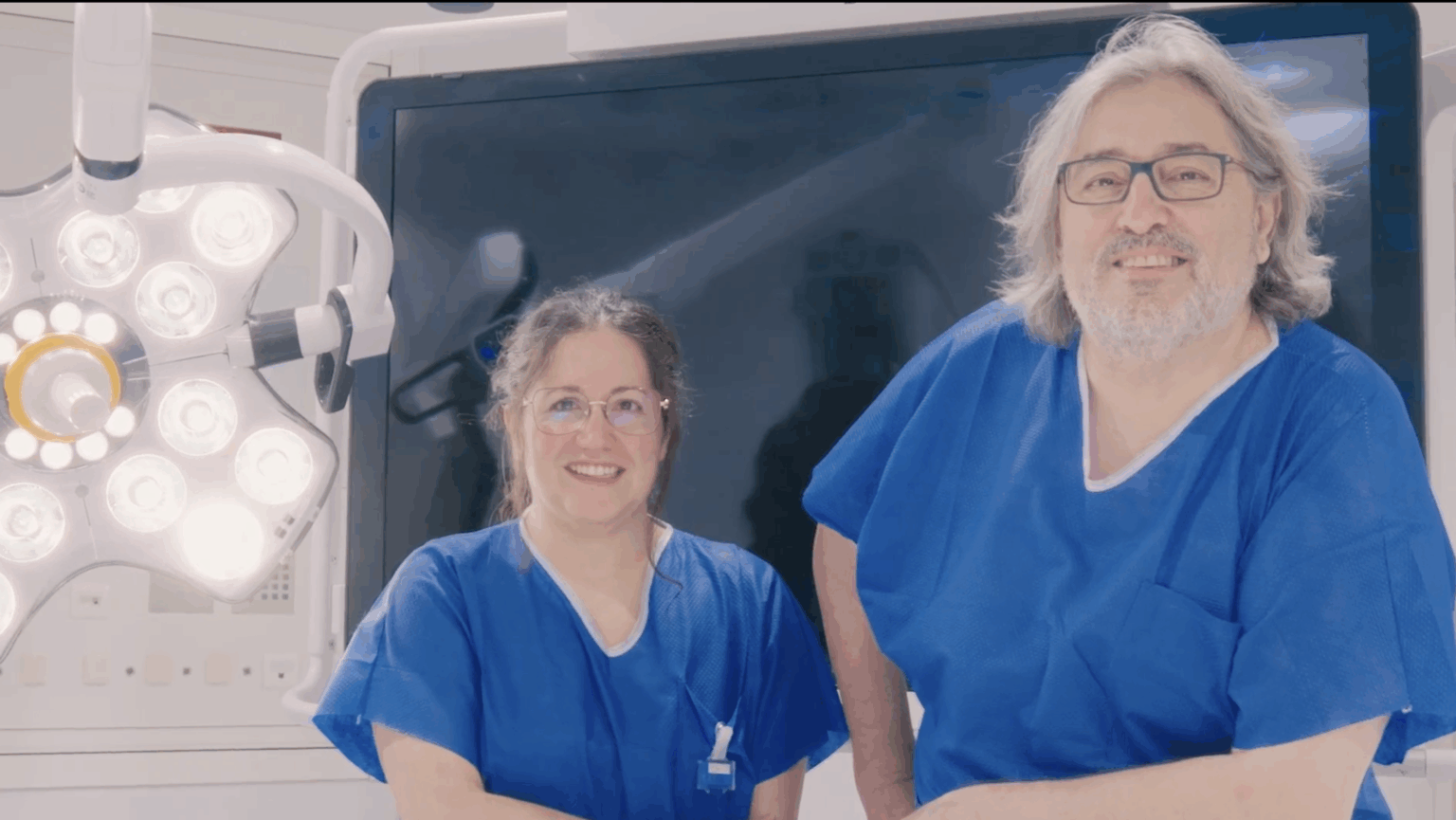Sure! Here’s the text translated into American English:
—
Dr. Ramiro Trillo, head of the Gipuzkoa Polyclinic, has highlighted the growing significance of interventional cardiology in the treatment of heart diseases. Over the past 15 years, this specialty has experienced significant advancements, allowing for the treatment of conditions that previously required open surgery. Trillo emphasized that “the impact of these techniques has been crucial for improving patients’ quality of life, avoiding invasive procedures in many cases.”
One of the most innovative treatments is the implantation of aortic valves through a procedure known as TAVI. This technique addresses aortic stenosis and involves introducing a catheter through a small incision in the groin, facilitating the placement of a new valve without the need to open the chest. This method has proven especially advantageous for older patients or those with a high surgical risk.
Additionally, the treatment of mitral insufficiency has progressed significantly thanks to the mitral clip technique. This minimally invasive intervention allows for the correction of improper closure of the mitral valve, alleviating symptoms such as fatigue and difficulty breathing.
Another notable advancement is the treatment of atrial fibrillation, an arrhythmia that increases the risk of stroke. For patients who cannot tolerate anticoagulation, closing the heart’s appendage with a catheter-placed device has begun to be offered. This option significantly reduces the risk of stroke without the need for ongoing medication.
One of the most notable advantages of these procedures is the rapid recovery of patients. Unlike traditional surgery, which often requires a long hospital stay and intensive care, many transcatheter interventions allow patients to return home within 48 to 72 hours. With minimal incisions and the use of local anesthesia, these techniques are more accessible for individuals with multiple conditions or older adults.
Trillo concluded that collaboration between cardiac surgeons and interventional cardiologists has been essential for integrating advancements in cardiovascular treatment. This team-based approach not only ensures comprehensive care for the patient but also provides strong support in case of any unexpected events during procedures. Thanks to these advances, interventional cardiology is radically changing the management and treatment of heart diseases, thereby improving the quality of life for thousands of patients.
—
Let me know if you need any further assistance!
Source: MiMub in Spanish










